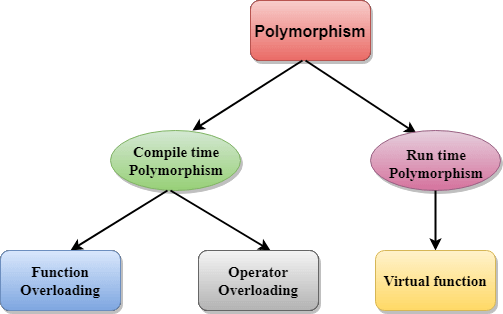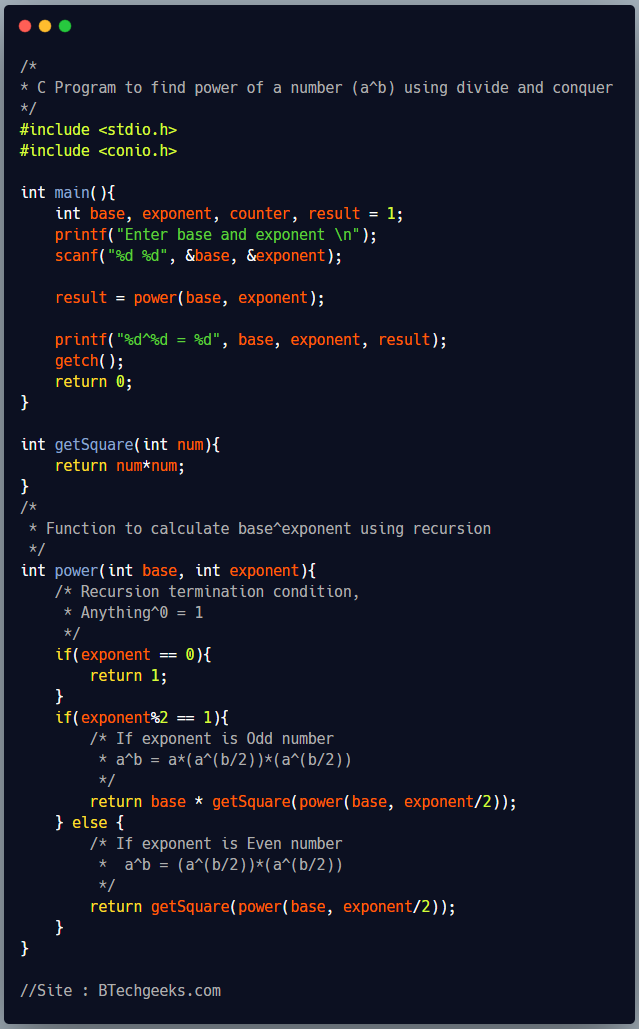

If the function could not retrieve the calendar time, it returns a value of -1. If the argument is not a null pointer, the return value is the same as the one stored in the location pointed by argument timer. The current calendar time as a time_t object.

gidt group) : change ownership of a file int utime(const char filename. Parameters timer Pointer to an object of type time_t, where the time value is stored.Īlternatively, this parameter can be a null pointer, in which case the parameter is not used (the function still returns a value of type time_t with the result). of the POSIX functions which are not part of the Standard C Library. You can rate examples to help us improve the quality of examples. The second parameter sets it as an output pin rather than an input pin, doing so, the pin knows what it should be doing: onboardled machine. These are the top rated real world C++ (Cpp) examples of utime extracted from open source projects. import utime Then call the Pin function using the machine library to handle the Pin’s GPIO pin, in this case we’re setting up the Pin at GPIO 25, so it is the first parameter. Given times are either in seconds (UNIX epoch.
#Utime function c portable
Although libraries may use a different representation of time: Portable programs should not use the value returned by this function directly, but always rely on calls to other elements of the standard library to translate them to portable types (such as localtime, gmtime or difftime). C++ (Cpp) utime Examples C++ (Cpp) utime - 30 examples found. Changes the access (atime) and modification (mtime) times of a file system object referenced by path. One way of getting resource usage for a particular child process is with the function wait4, which returns totals for a child when it terminates. EINVAL The argument processes is not valid.

The return value of getrusage is zero for success, and -1 for failure. The value returned generally represents the number of seconds since 00:00 hours, UTC (i.e., the current unix timestamp). All child processes (direct and indirect) that have already terminated. The function returns this value, and if the argument is not a null pointer, it also sets this value to the object pointed by timer. Get the current calendar time as a value of type time_t.


 0 kommentar(er)
0 kommentar(er)
